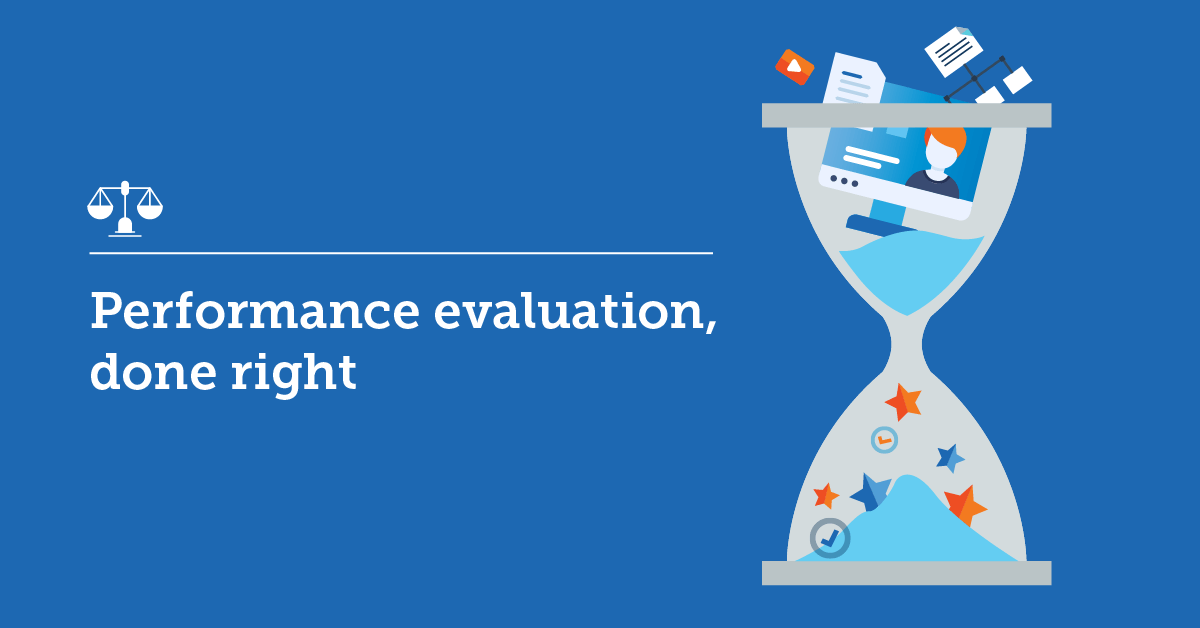
Performance evaluation is a crucial process in any organization. It helps managers assess the performance of their employees, provide feedback, set goals, and make important decisions regarding promotions, raises, or training needs. However, the process can be complex and challenging to navigate. In this comprehensive guide, we will unveil the secrets of performance evaluation to help you understand its importance, key components, best practices, and tips for conducting effective evaluations.
The Importance of Performance Evaluation
Performance evaluation serves several important purposes in an organization:
- Provides feedback to employees on their performance
- Identifies strengths and areas for improvement
- Helps in setting goals and expectations
- Assists in making informed decisions on promotions, compensation, and training
- Improves communication between managers and employees
Key Components of Performance Evaluation
Performance evaluation typically consists of the following key components:
1. Goal Setting
Establishing clear and measurable goals is essential for evaluating performance effectively. Goals should be specific, achievable, and aligned with the overall objectives of the organization.
2. Regular Feedback
Providing ongoing feedback throughout the evaluation period helps employees understand expectations, track their progress, and make necessary adjustments to improve performance.
3. Performance Appraisal
Assessing an employee's performance against predetermined goals and expectations is a critical component of the evaluation process. It involves analyzing performance data, identifying achievements, and areas for development.
4. Development Planning
Based on the evaluation results, managers and employees can collaboratively create development plans to address skill gaps, improve performance, and achieve career goals.
Best Practices for Conducting Performance Evaluations
Follow these best practices to ensure a successful performance evaluation process:
- Establish clear evaluation criteria and communicate them to employees
- Ensure evaluations are fair, objective, and based on performance metrics
- Provide training to managers on conducting effective evaluations
- Encourage two-way communication and open dialogue during the evaluation meeting
- Document the evaluation process, outcomes, and action plans for future reference
- Follow up on development plans and provide ongoing support and feedback to employees
Tips for Conducting Effective Performance Evaluations
Consider the following tips to enhance the effectiveness of your performance evaluations:
- Schedule regular check-ins throughout the year to discuss progress and provide feedback
- Focus on specific examples and results to support your evaluations
- Highlight achievements and provide constructive feedback on areas for improvement
- Encourage self-assessment and employee input during the evaluation process
- Set SMART goals (Specific, Measurable, Achievable, Relevant, Time-bound) for performance improvement
- Recognize and reward outstanding performance to motivate employees
Conclusion
Performance evaluation is a valuable tool for assessing and improving employee performance. By understanding the key components, best practices, and tips for conducting effective evaluations, you can enhance the performance management process in your organization and drive success. Remember, clear communication, honest feedback, and ongoing support are essential for fostering a culture of continuous improvement and development.